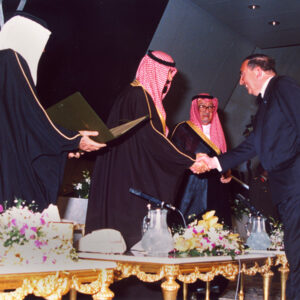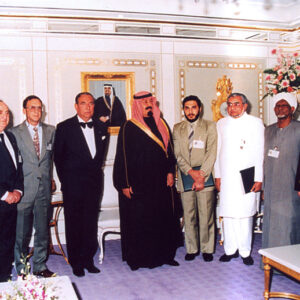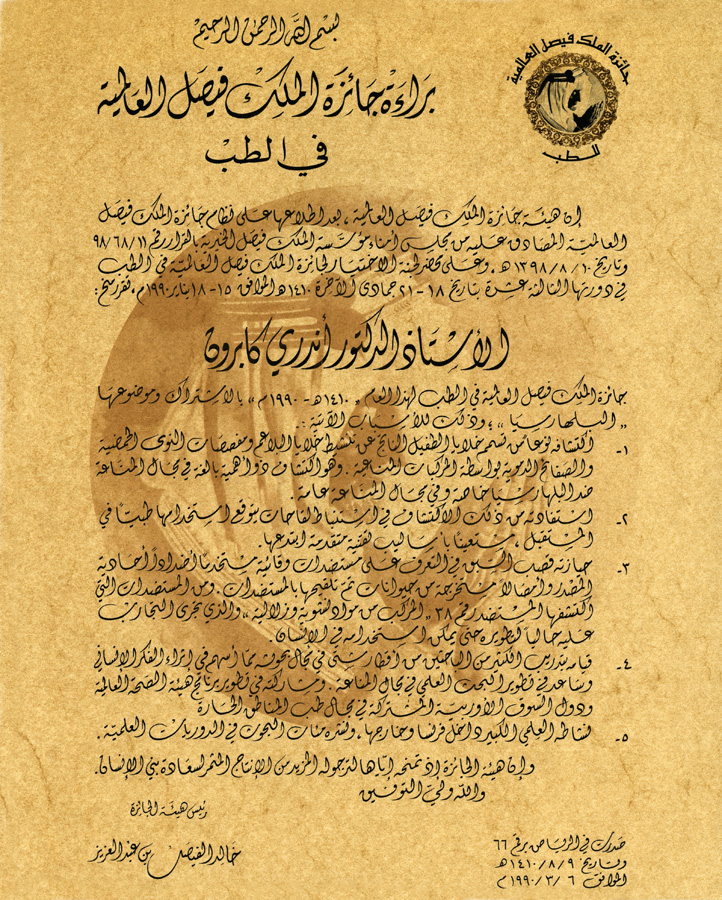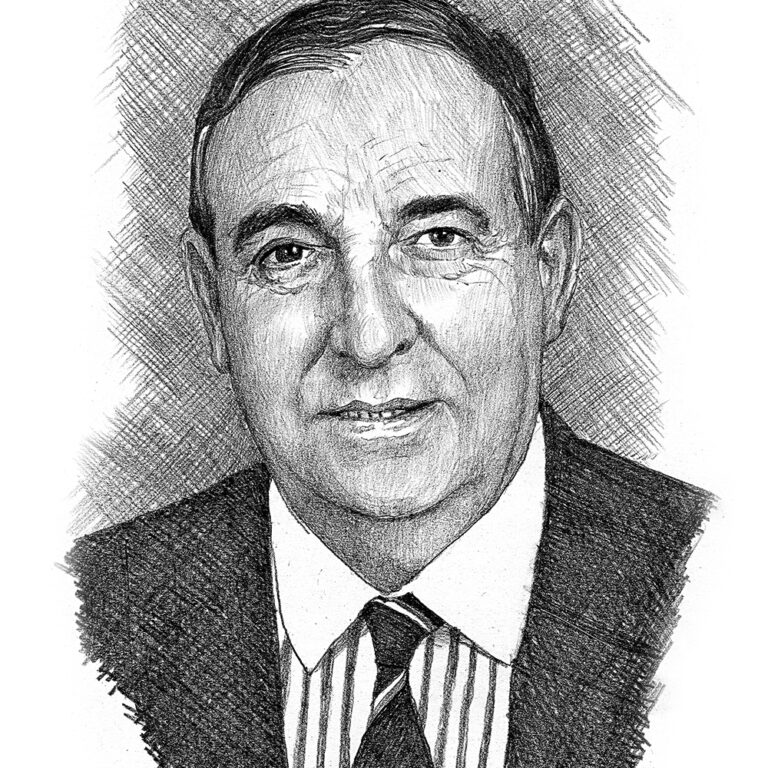
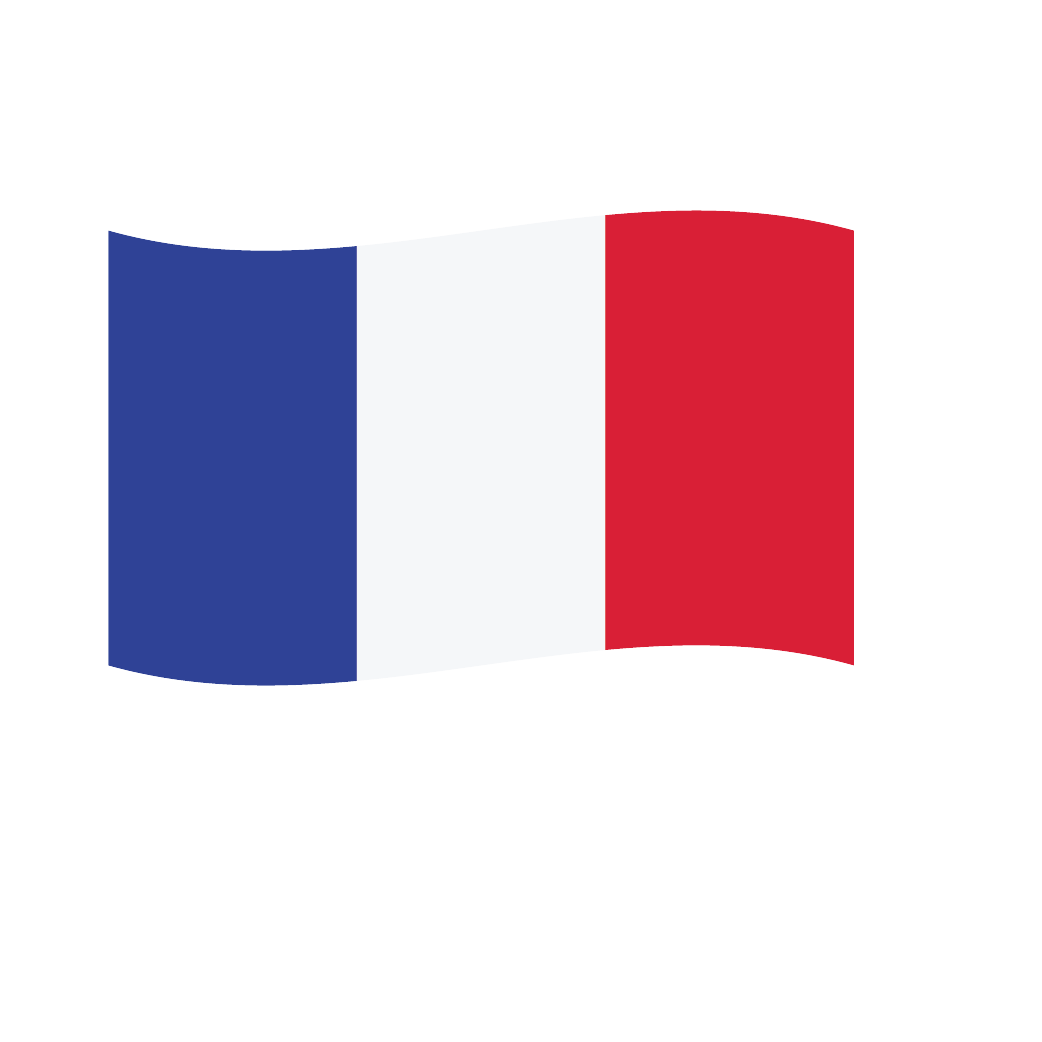
Professor André Capron
King Faisal Prize in Medicine 1990 Laureate
Topic: "Schistosomiasis "
I can say that my whole life has been devoted to the ambitious dream of one day achieving the development of a vaccine against this redoubtable disease

André Capron completed his MD in 1958 and worked at the College of Medicine in Lille University. In 1970, he became a Professor of Immunology and Parasite Biology at Lille University and a Director of the Parasite Immunology Research Center at Pasteur Institute, then Director of Pasteur Institute in Lille. He was also a member of the World Health Organization’s Scientific Advisory Group of Experts and its Scientific and Technical Advisory Committee. He was a Chair of the Scientific Committee of the Institut National de la Santé et de la Recherche.
Professor Capron was an internationally recognized authority on the biology of parasites and the development of new strategies in the prevention of epidemics caused by parasitic infections such as schistosomiasis (bilharzia). He was recognized worldwide as one of the founding fathers of parasite immunology and was one of its acknowledged leaders. His early contributions to the immunology of parasites started in 1962, when, using the new tools of immunochemistry and immuno-electrophoresis, he described for the first time the antigenic structure of helminths, showing the existence of shared antigens between parasites and their hosts. He also developed immunodiffusion techniques for the diagnosis of parasitic diseases, some of which are still in use. In parallel with R. T. Damian of Georgia University in the US, he developed the novel concept of “molecular mimicry” and pursued the deciphering of what he named “the molecular language of parasites”.
Professor Capron’s elegant studies on the mechanisms of schistosome immunity contributed significantly to understanding the immunology of schistosomiasis and the current attempts to develop defined-antigen vaccines against that parasitic disease. These studies included the discovery of previously unknown forms of antibody-dependent, cell-mediated cytotoxicities involving the activation of eosinophils, monocytes and platelets by IgE complexes, and the role of IgM-blocking antibodies in regulating protective immunity. His work renewed hope in developing a novel vaccine to protect people against schistosomiasis, a disease which countries and international organizations have failed to control by conventional methods.
Professor Capron authored hundreds of scientific publications and held several prestigious positions in France, Europe and at the international level. His honors include editorships of several medical journals, visiting professorships at leading international universities and consultancies at international organizations. He received many prizes and medals including the Bernhard Nocht Medal in 1987. He was a member and Secretary of the French Academy of Sciences. He was an Honorary Fellow of the London School of Tropical Medicine and Hygiene, and a corresponding Member of the Academie Royale de Médecine de Belgique.
This biography was written in the year the prize was awarded.
- He held many positions including:
- Chairman of the Pasteur Institute in Lille between 1994-2000.
- Professor Emeritus of Immunology at Lille University and Honorary Director of the Pasteur Institute.
- He received many awards and honors including:
- Commander of the National Order of Merit in 1990.
- Doctor Honoris Causa from Brussels University in 1997.
- Doctor Honoris Causa from Ghent University in 1999.
- Honorary membership of The Royal Academy of Belgium.
- Membership of National Academy of Medicine.
- Officer of the Legion of Honor in 2007.
- Commander of the Legion of Honor in 2016.
- Professor André Capron passed away in Seclin on 10/1/2020.

